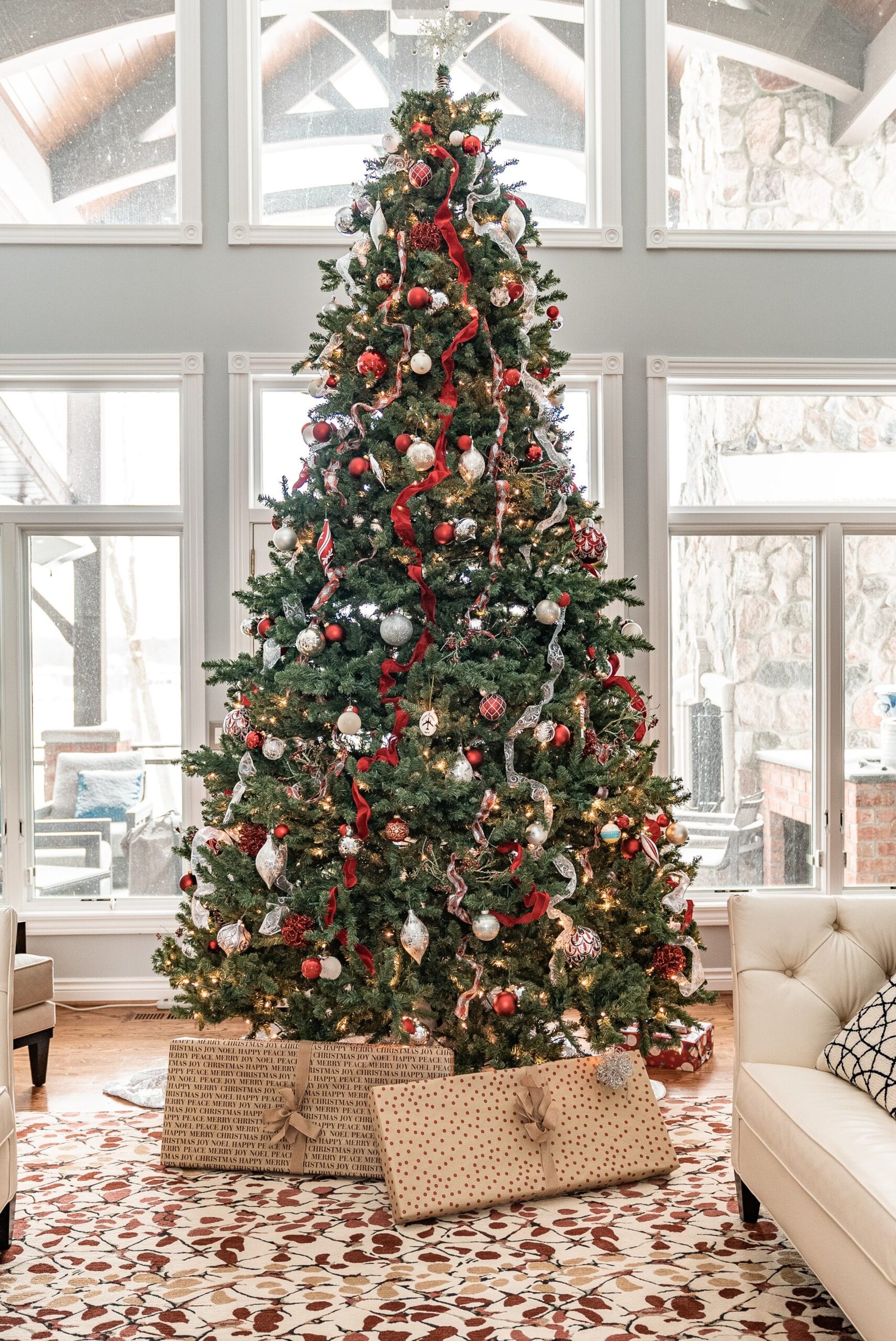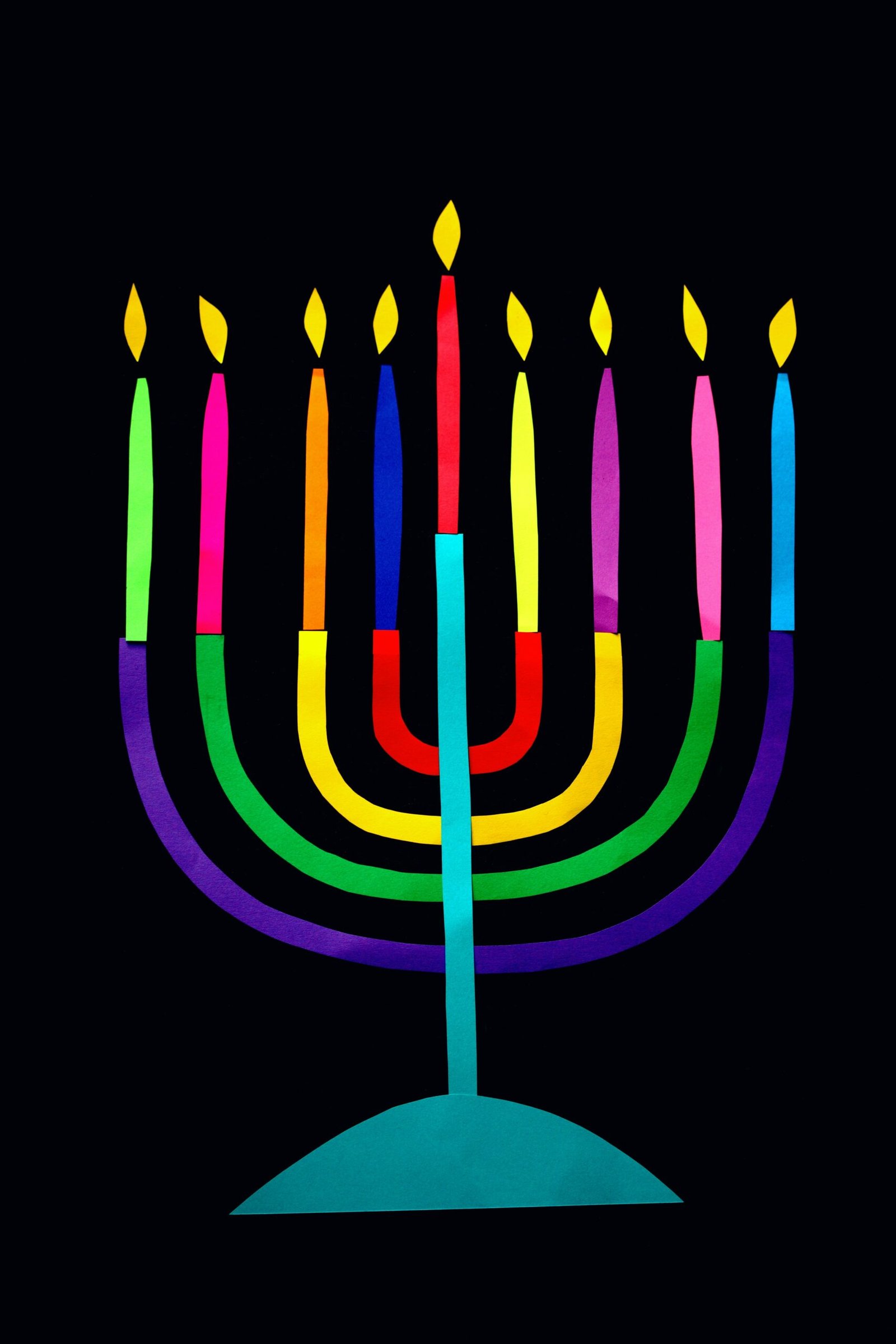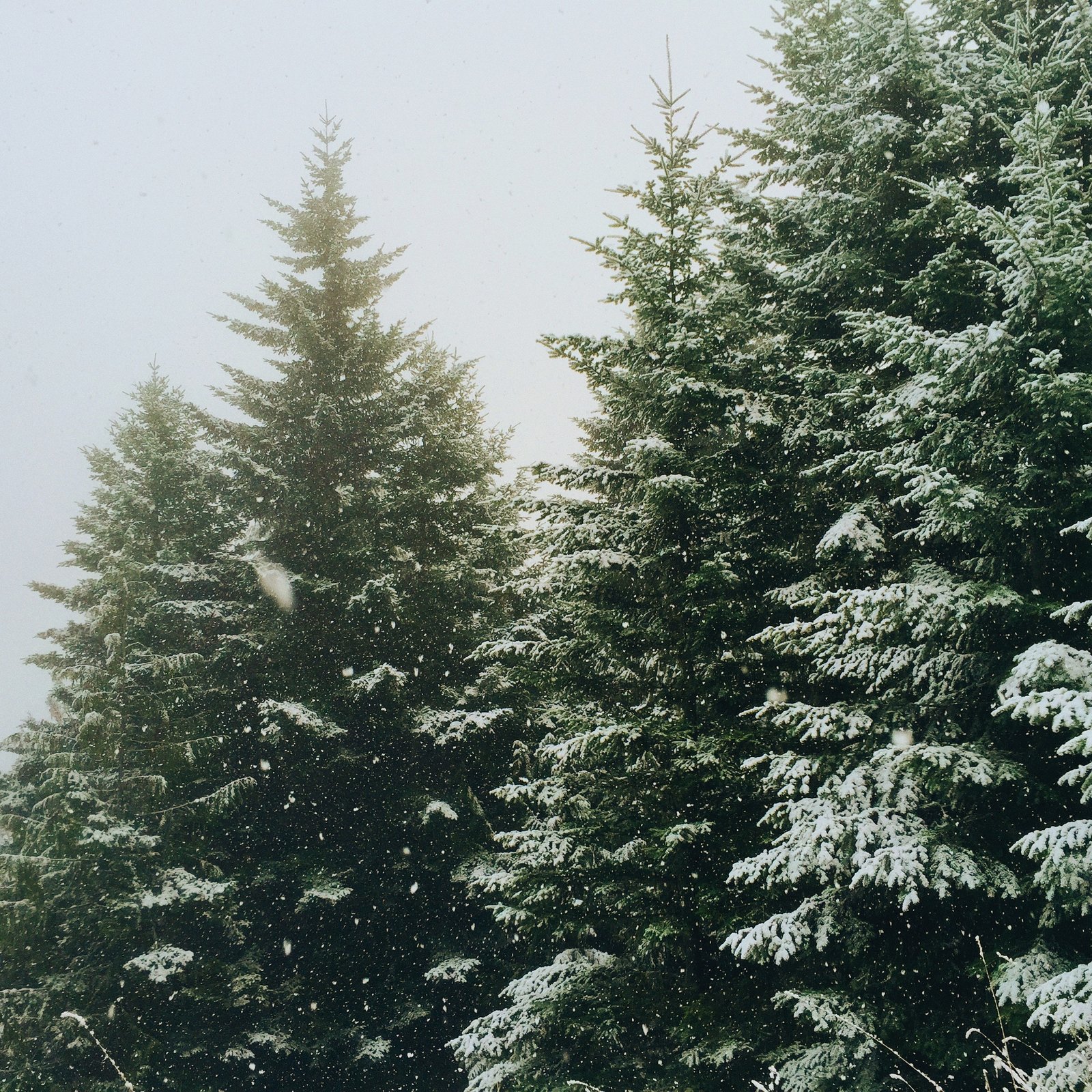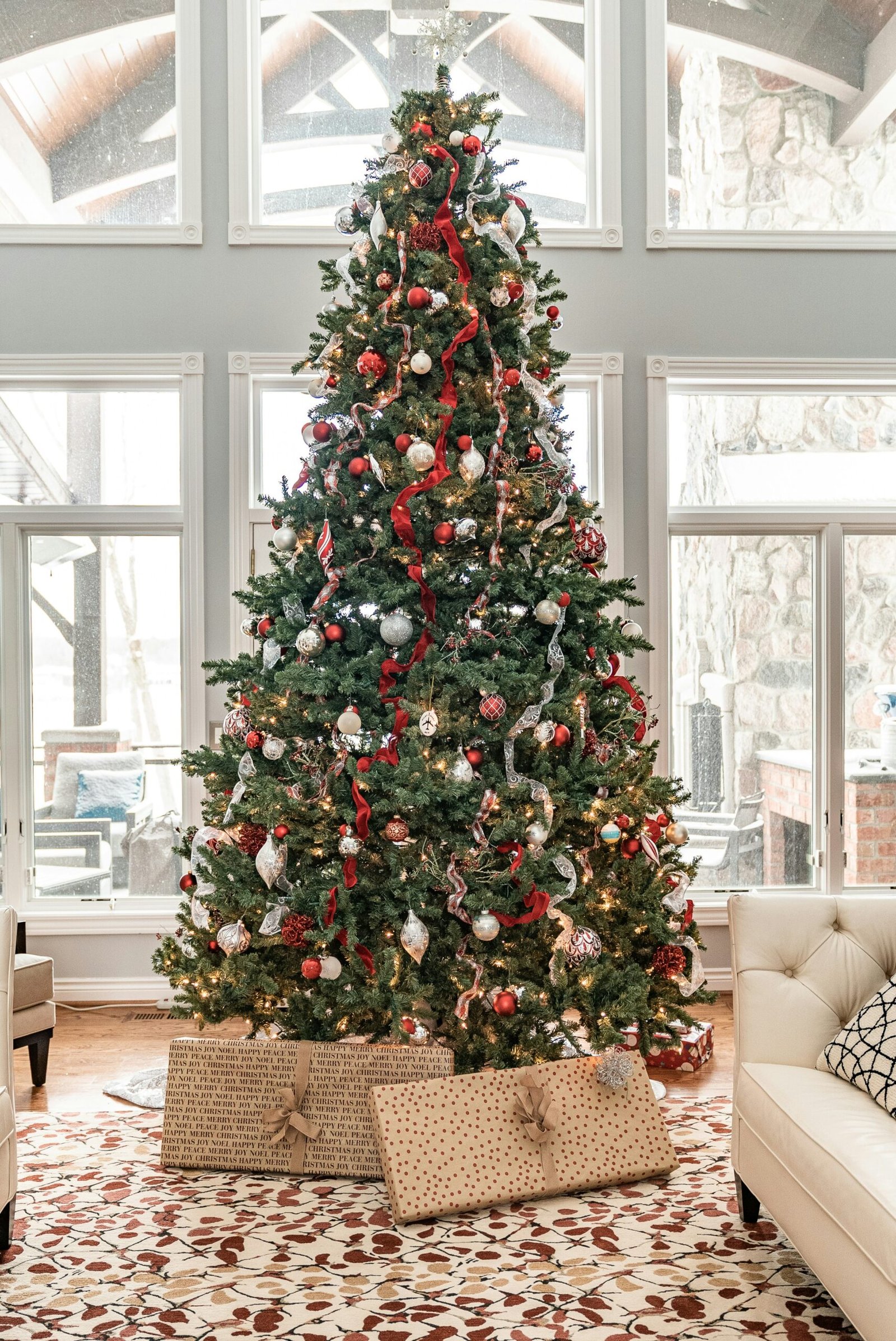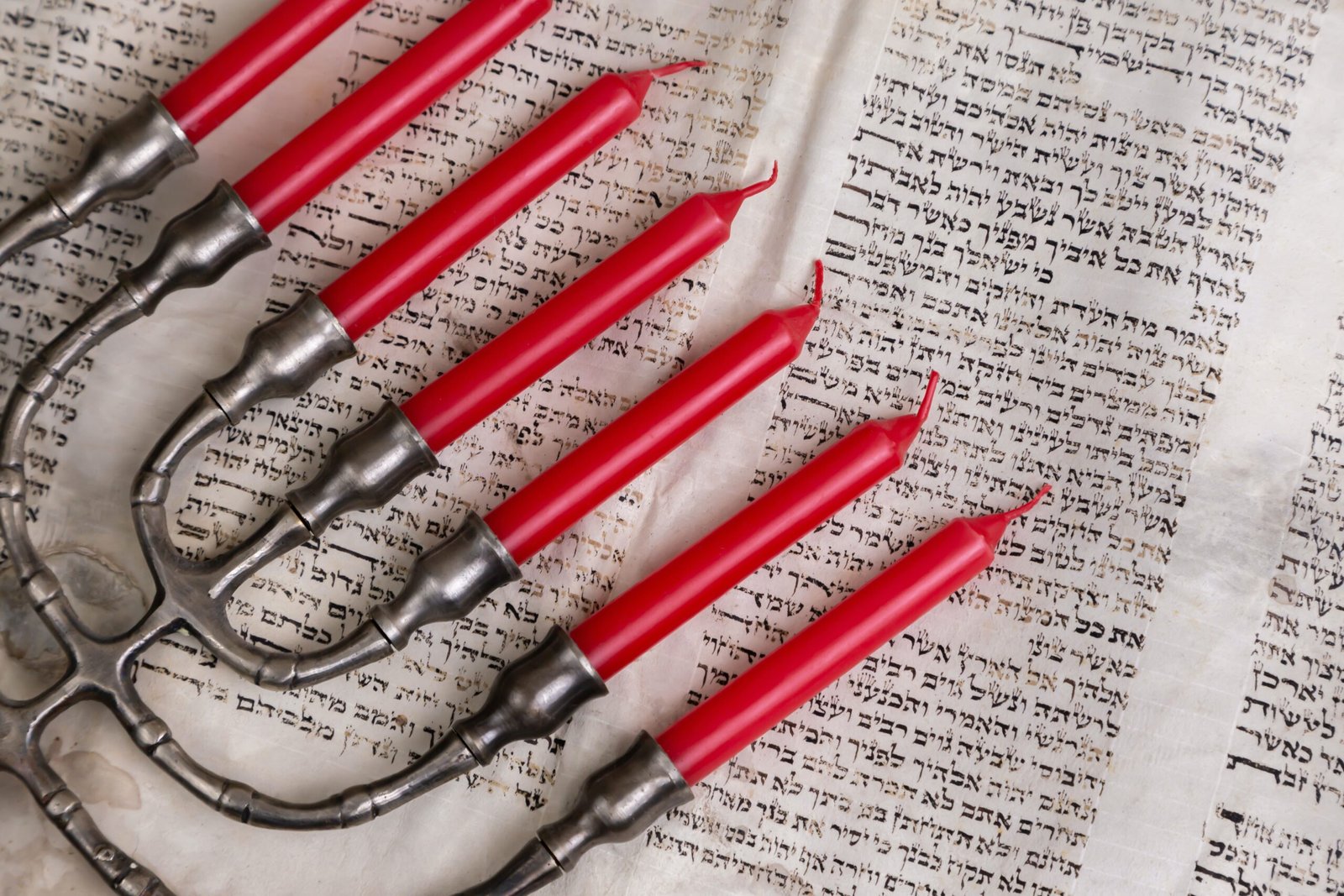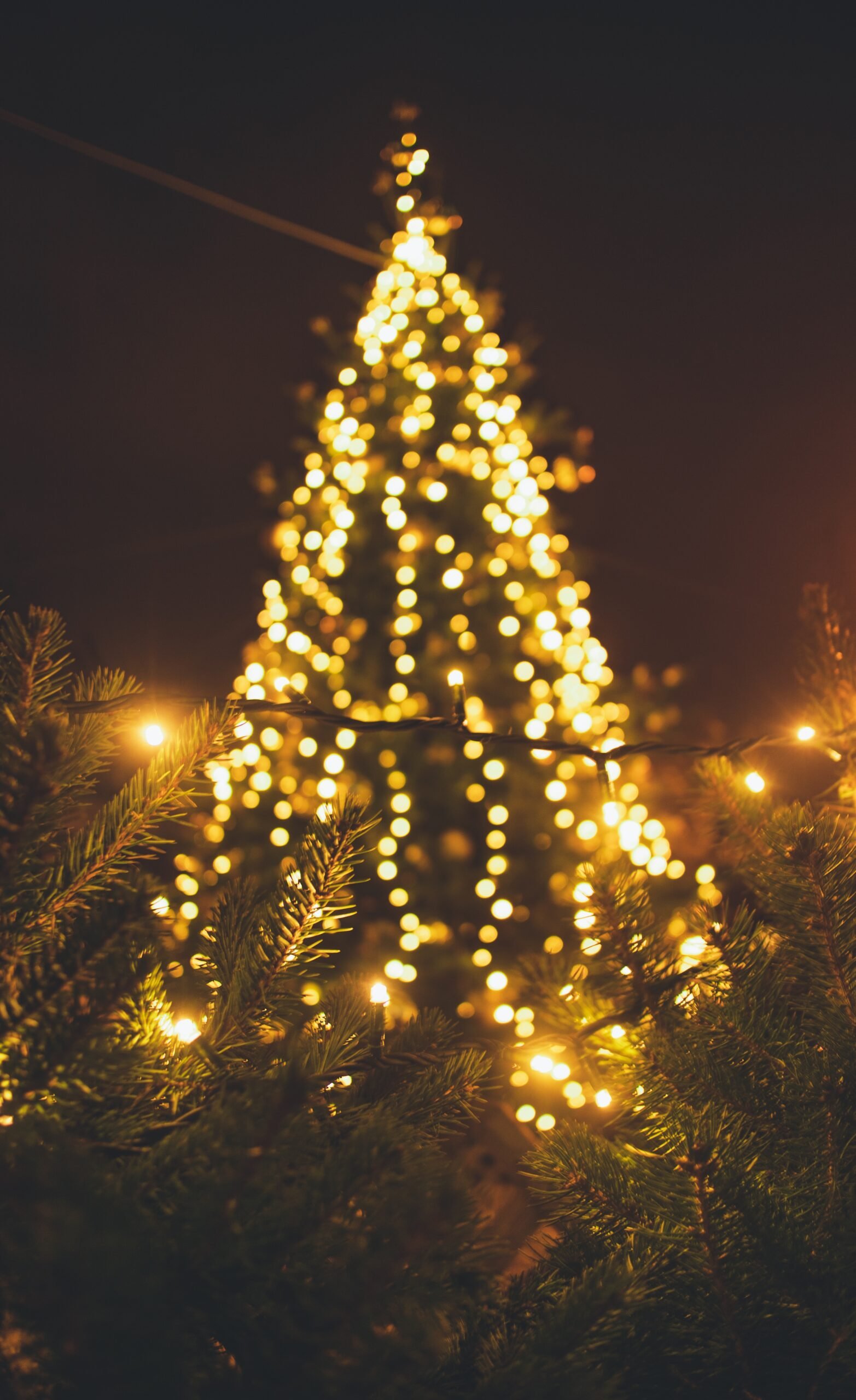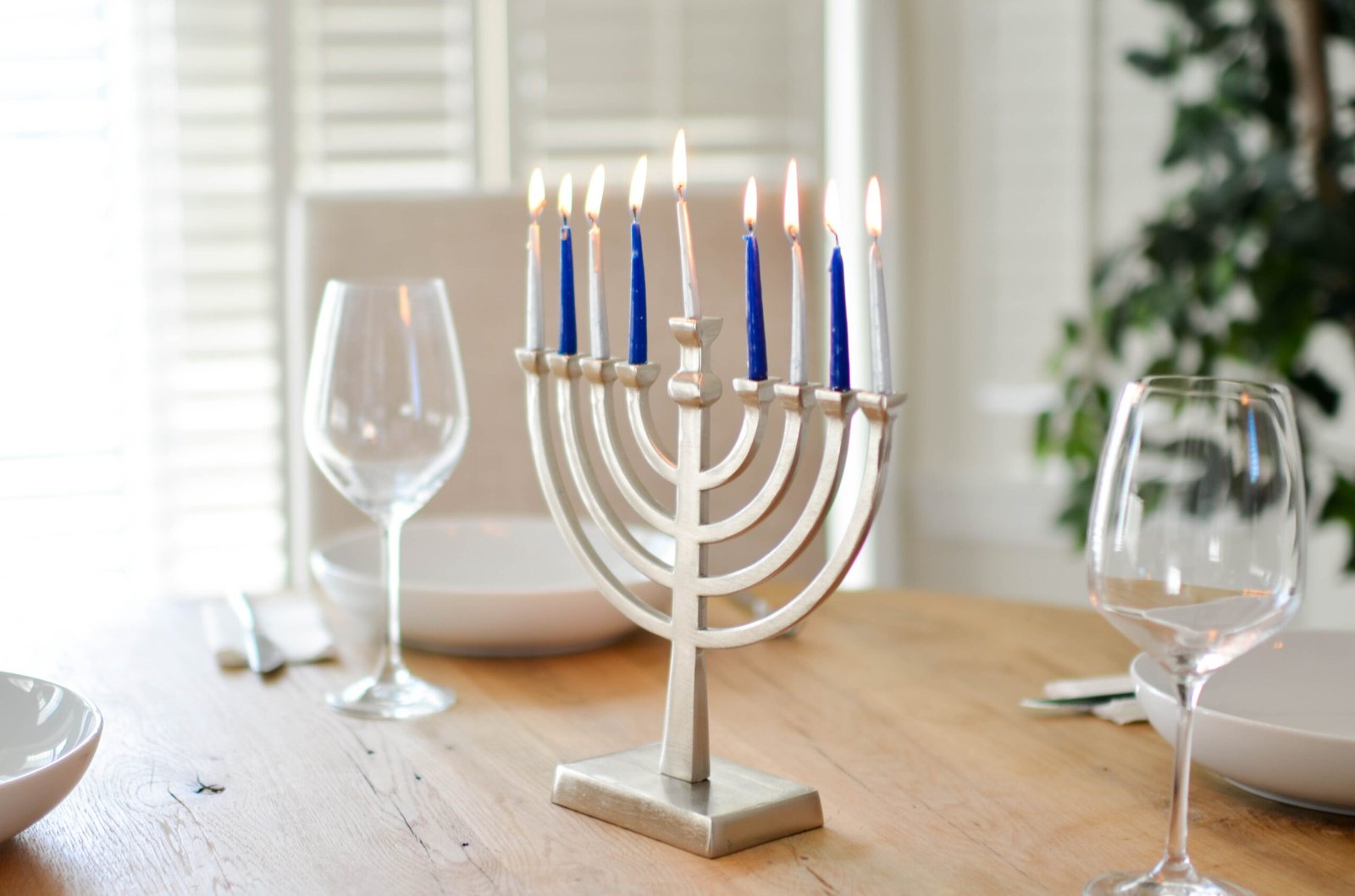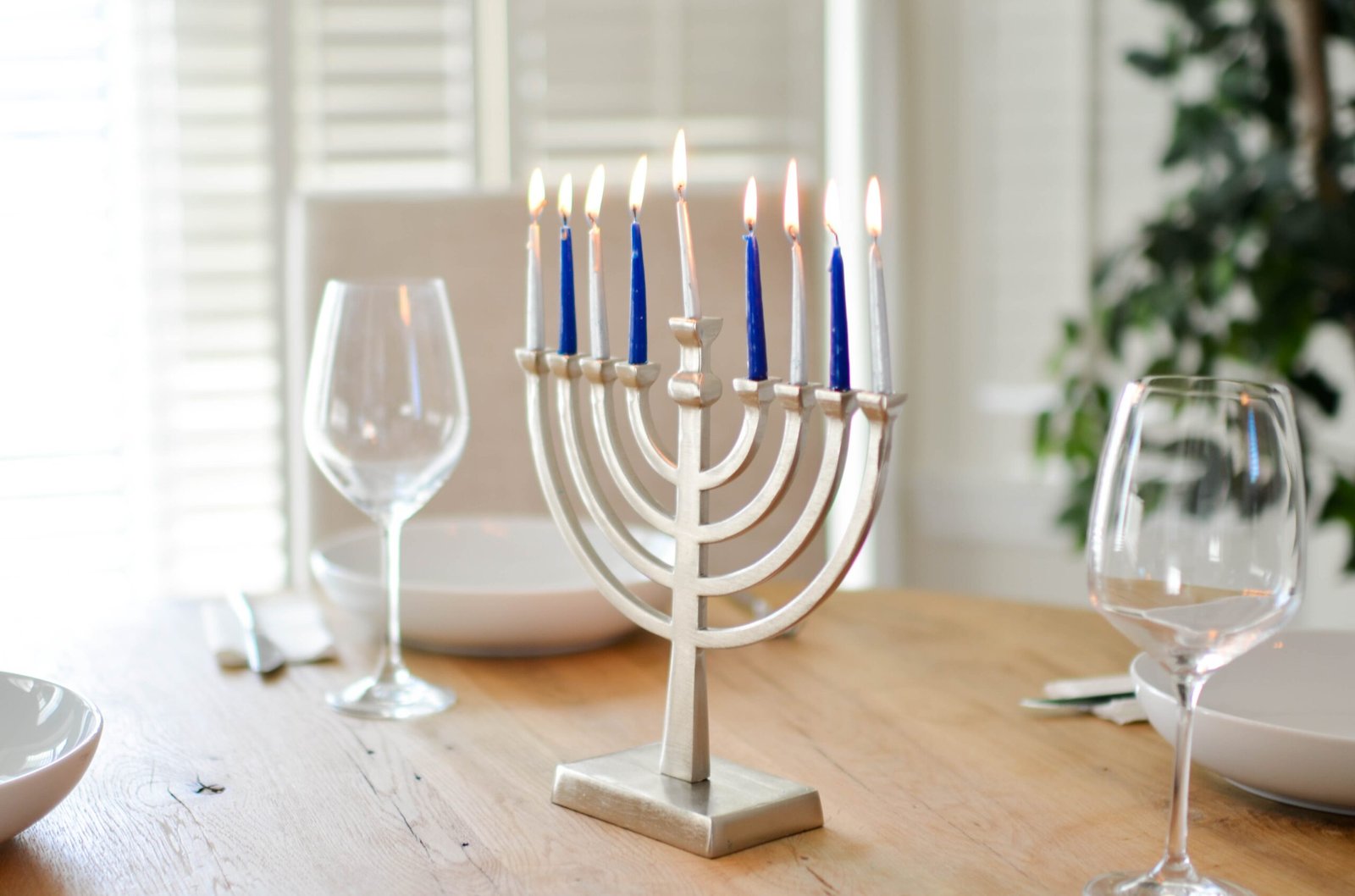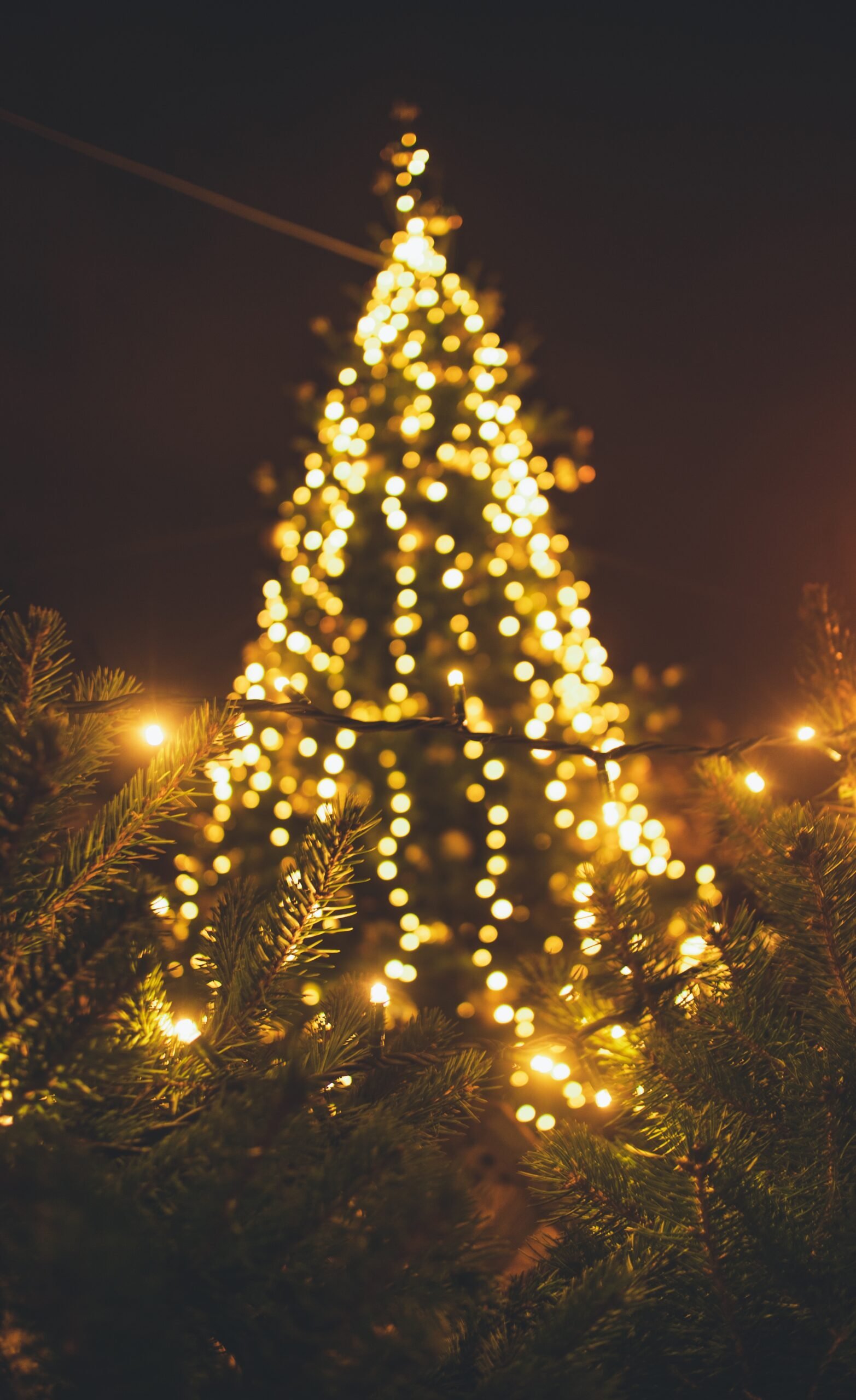Introduction
Holidays are a time of joy, celebration, and cherished traditions. From decorating the Christmas tree to lighting the menorah, holiday customs have deep-rooted meanings that connect us to our past and bring communities together. In this blog post, we will embark on a journey to discover the origins and cultural significance of popular holiday traditions. We will also explore the current trends and latest news surrounding these cherished customs.
The History of Holiday Traditions
1. Christmas:
The celebration of Christmas dates back to ancient times. While its exact origins are debated, it is widely believed to have evolved from pagan winter festivals, such as Saturnalia and Yule. Over time, Christmas became associated with the birth of Jesus Christ, and its traditions, like decorating evergreen trees and exchanging gifts, spread globally.
2. Hanukkah:
Hanukkah, also known as the Festival of Lights, commemorates the rededication of the Second Temple in Jerusalem. It originated during the Maccabean Revolt in the 2nd century BCE. The lighting of the menorah, playing dreidel, and enjoying traditional foods like latkes and sufganiyot are integral parts of this joyous celebration.
3. Diwali:
Diwali, the Festival of Lights, is a significant Hindu festival celebrated worldwide. It symbolizes the victory of light over darkness and good over evil. Diwali traditions include lighting oil lamps, creating intricate rangoli designs, exchanging sweets, and bursting fireworks.
4. Kwanzaa:
Kwanzaa is a week-long celebration of African heritage, unity, and culture. Created in 1966, it is observed from December 26th to January 1st. Kwanzaa customs include lighting the Kinara (candle holder), performing African dances and music, and reflecting on the Seven Principles (Nguzo Saba).
Current Trends and Latest News
1. Sustainable Celebrations:
With increasing awareness of environmental issues, many people are adopting eco-friendly practices during the holidays. From using energy-efficient LED lights to opting for reusable wrapping materials, sustainable celebrations are gaining popularity.
2. Virtual Gatherings:
In recent years, the rise of technology has transformed how we connect with loved ones during the holidays. Virtual gatherings and online celebrations have become more prevalent, allowing families and friends to come together regardless of physical distance.
3. Cultural Exchange:
In our interconnected world, cultural exchange has become a prominent trend during the holiday season. People are embracing traditions from different cultures, enriching their own celebrations with diverse customs and fostering a sense of inclusivity.
4. DIY Decorations and Gifts:
As people seek more personalized and meaningful experiences, do-it-yourself (DIY) decorations and gifts have gained popularity. Creating handmade ornaments or crafting personalized presents adds a heartfelt touch to holiday celebrations.
FAQs
Q: Why do we decorate Christmas trees?
A: The tradition of decorating Christmas trees originated in 16th-century Germany. It symbolizes new life and hope during the winter season.
Q: What is the significance of the menorah in Hanukkah?
A: The menorah represents the miracle of the oil that lasted for eight days in the rededicated Second Temple, even though there was only enough oil for one day.
Q: How is Diwali celebrated?
A: Diwali celebrations involve cleaning and decorating homes, lighting oil lamps, exchanging gifts, and enjoying festive meals with family and friends.
Q: What are the Seven Principles of Kwanzaa?
A: The Seven Principles (Nguzo Saba) of Kwanzaa are Umoja (Unity), Kujichagulia (Self-Determination), Ujima (Collective Work and Responsibility), Ujamaa (Cooperative Economics), Nia (Purpose), Kuumba (Creativity), and Imani (Faith).
Tips for Meaningful Holiday Celebrations
1. Embrace diverse traditions and learn about different cultures.
2. Create homemade decorations and gifts to add a personal touch.
3. Practice sustainable habits, such as using LED lights and recycling wrapping paper.
4. Volunteer or donate to charitable organizations to spread holiday cheer.
Conclusion
Holiday traditions are more than just rituals; they connect us to our roots, foster a sense of belonging, and bring joy to our lives. Understanding the history and cultural significance of these customs allows us to appreciate their value even more. As we celebrate the holidays, let us embrace the traditions that resonate with us and create new ones that reflect our evolving world. Together, let’s make this holiday season a time of unity, joy, and shared experiences.
Call to Action: Share this blog post with your friends and family to spread the knowledge and joy of holiday traditions. Let’s celebrate together!

